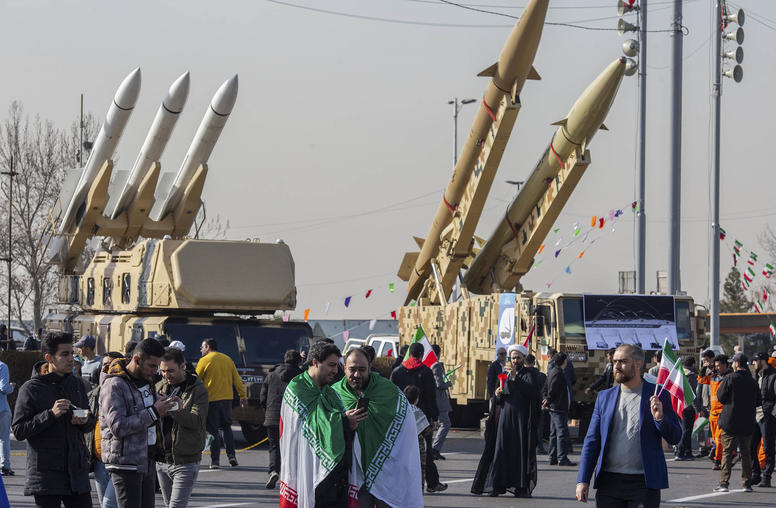The Legacy and Lessons of U.S. Diplomatic Engagement with Lebanon
A Conversation with Ambassador David Hale
In his new book, “American Diplomacy Toward Lebanon: Lessons in Foreign Policy and the Middle East,” former U.S. Ambassador to Lebanon David Hale explores the legacy of U.S.-Lebanon relations, focusing on key episodes beginning with the country’s independence in 1943 and ending with the consequences of the civil war in neighboring Syria. Throughout the book, Hale examines the objectives, strategies and approaches employed by American policymakers and diplomats that helped shape the current U.S.-Lebanon relationship and offers crucial assessments on how these notable moments can inform future policymaking.
On April 2, USIP hosted a discussion with Ambassador David Hale on his new book and how past U.S. diplomatic engagement with Lebanon can offer valuable lessons for American diplomatic tradecraft in the Middle East and beyond.
Speakers
Lise Grande, opening remarks
President and CEO, U.S. Institute of Peace
Ambassador David M. Hale
Former U.S. Under Secretary of State for Political Affairs; Former U.S. Ambassador to Lebanon
Ambassador Edward M. Gabriel, moderator
President, American Task Force on Lebanon; Member, Board of Directors, U.S. Institute of Peace



